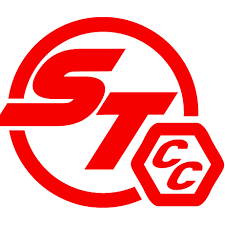When selecting a braking system for a high-performance sports car like the Porsche 911, the choice between steel and carbon ceramic brakes can greatly influence your driving experience. Each option offers distinct advantages, making it essential to understand their characteristics to choose what best suits your needs and driving habits.
Steel brakes are a reliable and versatile option, providing excellent stopping power and a progressive pedal feel that enhances control during everyday driving or occasional track use. They are the standard equipment on most Porsche 911 models, making them a more affordable choice. Their durability under regular driving conditions and relatively low maintenance costs, including less expensive replacement parts, further solidify their practicality. However, steel brakes tend to produce noticeable brake dust, requiring regular cleaning, although modern advancements have helped reduce this issue.
In contrast, carbon ceramic brakes cater to high-performance demands, excelling during aggressive driving or track use. Their superior heat dissipation reduces the risk of brake fade, and their significantly lighter weight enhances handling, acceleration, and fuel efficiency. They generate minimal brake dust, keeping wheels cleaner for longer. Despite these advantages, carbon ceramic brakes come at a premium. The composite materials and intricate manufacturing processes make them far more expensive than steel brakes. Additionally, they require specialised maintenance and may not be ideal for everyday driving due to their performance optimisations for higher temperatures.
The higher cost of carbon ceramic brakes is driven by their advanced material composition, exceptional performance benefits, and the extensive research and engineering that go into their development. Limited production volumes also contribute to their elevated price, as they are less commonly used compared to steel brakes in mass-market vehicles.
In summary, the decision between steel and carbon ceramic brakes should align with how you intend to use your Porsche 911. Steel brakes are a practical, cost-effective solution for everyday use and spirited driving. However, for those focused on achieving peak performance on the track, carbon ceramic brakes deliver unmatched stopping power, reduced weight, and improved heat management. Your driving style, budget, and specific needs will ultimately determine the best choice for your Porsche.
Surface Transforms plc (LON:SCE) is a manufacturer of next-generation carbon-ceramic brake discs for automotive and aircraft applications and has been certified to IS9001-2000 since 2008 and was certified to TS16949 automotive quality accreditation and AS9100C aerospace quality accreditation in 2015.

